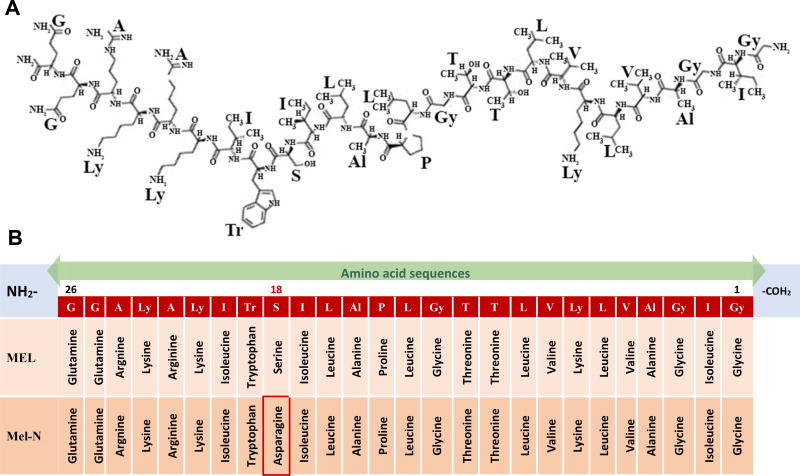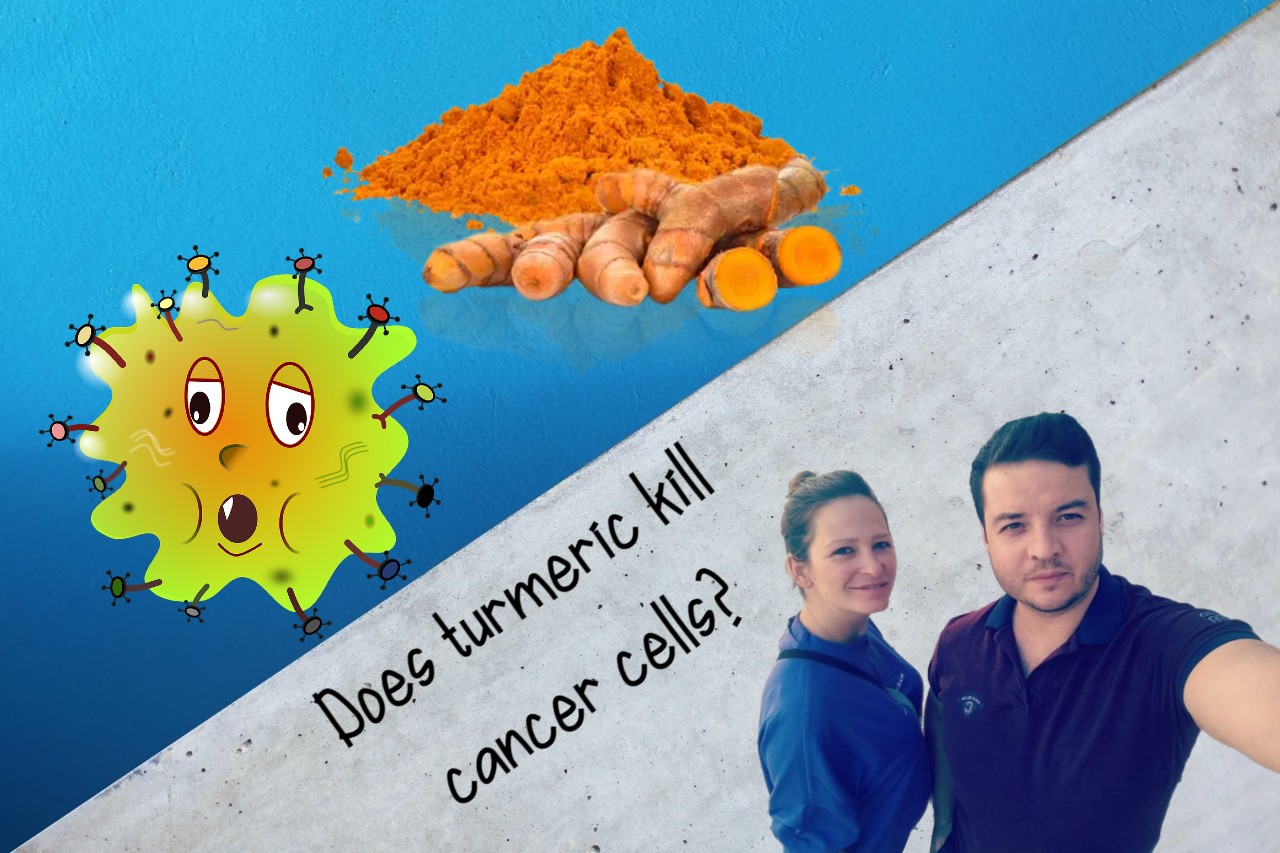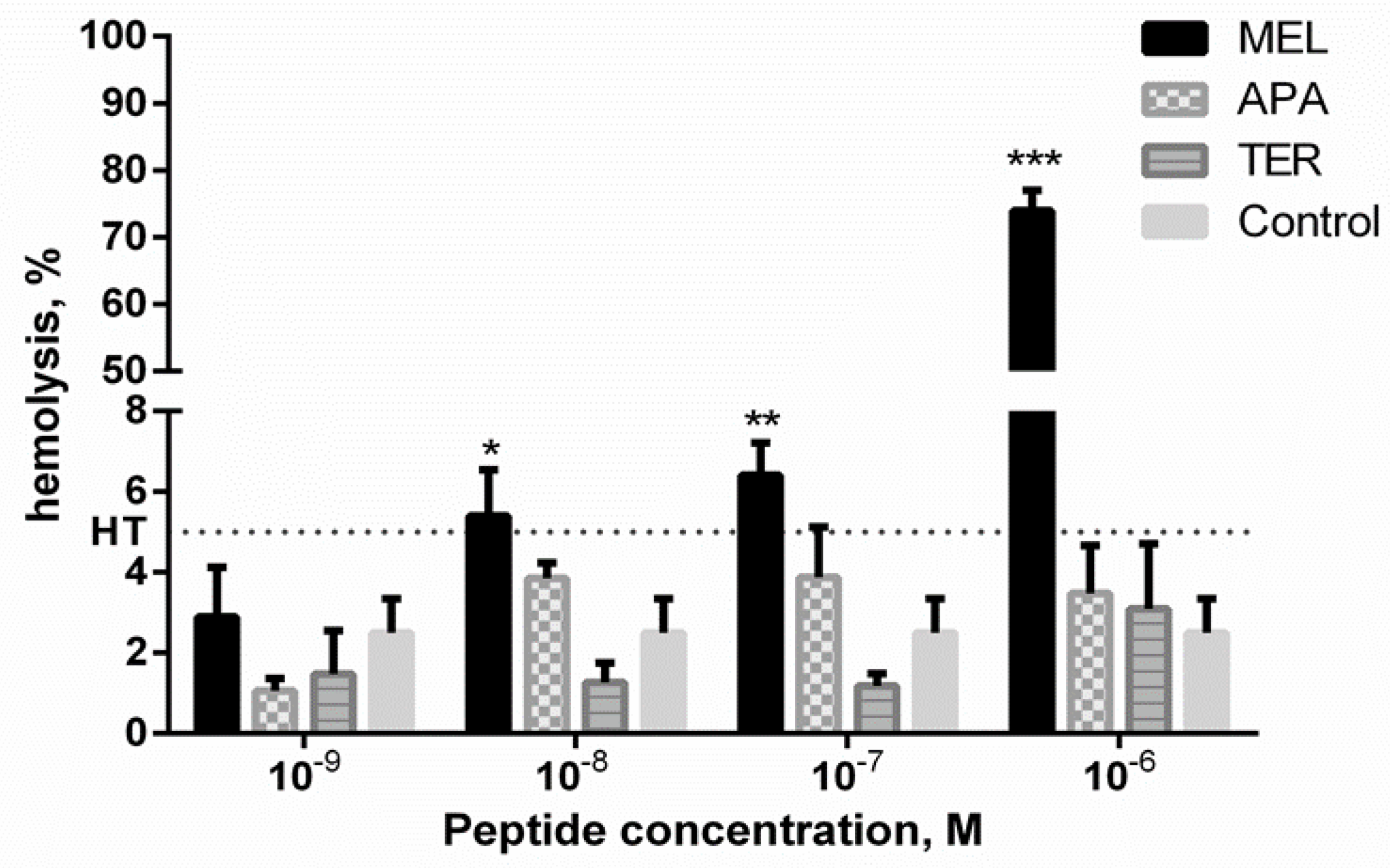Melittin: Unveiling the Potent Power and Potential Pitfalls of Bee Venom’s Key Component
Melittin: Unveiling the Potent Power and Potential Pitfalls of Bee Venom’s Key Component Melittin, a 26-amino acid peptide, is the principal active component of bee venom, responsible for a significant portion of its inflammatory and pain-inducing effects. However, beyond its reputation as a mere irritant, melittin is increasingly recognized for its intriguing biological activities, sparking … Read more




